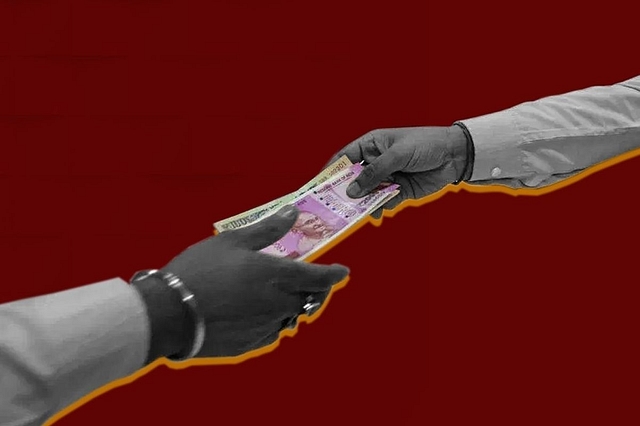
SC Declines To Extend Six-Month Loan Moratorium But Waives Compound Interest Irrespective Of Loan Amount
Supreme Court (SC) today refused to interfere with the government and RBI's loan moratorium policy, and declined to extend the six-month loan moratorium period given due to the impact on the economy of COVID-19 pandemic and subsequent lockdown.
The loan moratorium scheme was extended by Reserve Bank of India (RBI) from 1 March to 31 August last year.
The apex court said that a waiver of complete interest was not possible as it would also affect the depositors, reports ANI.
The court further said, acknowledging the various steps have been taken by RBI and the government, that it couldn’t say that they didn't address the issues of the borrowers.
However, the SC ruled that there shall be waiver of interest on interest with respect to EMIs which were not paid by borrowers after availing the moratorium scheme.
"We are of the opinion that there shall be no interest on interest or compound interest during moratorium period irrespective of loan amount. Any such amount collected shall be refunded," the court ruled.
The SC bench further held that any amount collected as compound interest shall be adjusted to the next installment payable instead of refunding it to the borrower.
The court rejected to look into the other demands of the petitioners including the total waiver of moratorium, the extension of the moratorium period, and the challenge to sector wise reliefs provided by the RBI.
Earlier, the union government and the RBI had come up with a scheme in response to the concerns raised.
Under the scheme, the compound interest was to be waived for loans up to Rs 2 crores for six categories of borrowers; and the companies and individuals whose loans accounts were in default for not more than 30 days as on 1 March 2020, were eligible for one-time restructuring.
This was challenged in the Supreme Court in a batch of petitions filed by companies, individuals and business associations many of whom fell outside the eligibility criteria. The judgment was reportedly delivered by a Bench of Justices Ashok Bhushan, R Subhash Reddy and MR Shah.